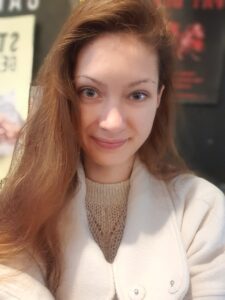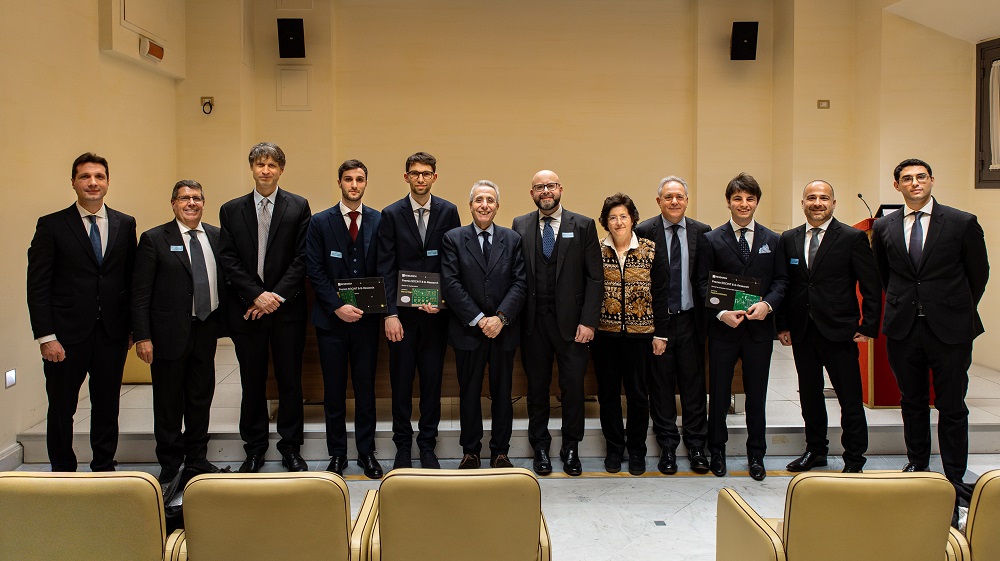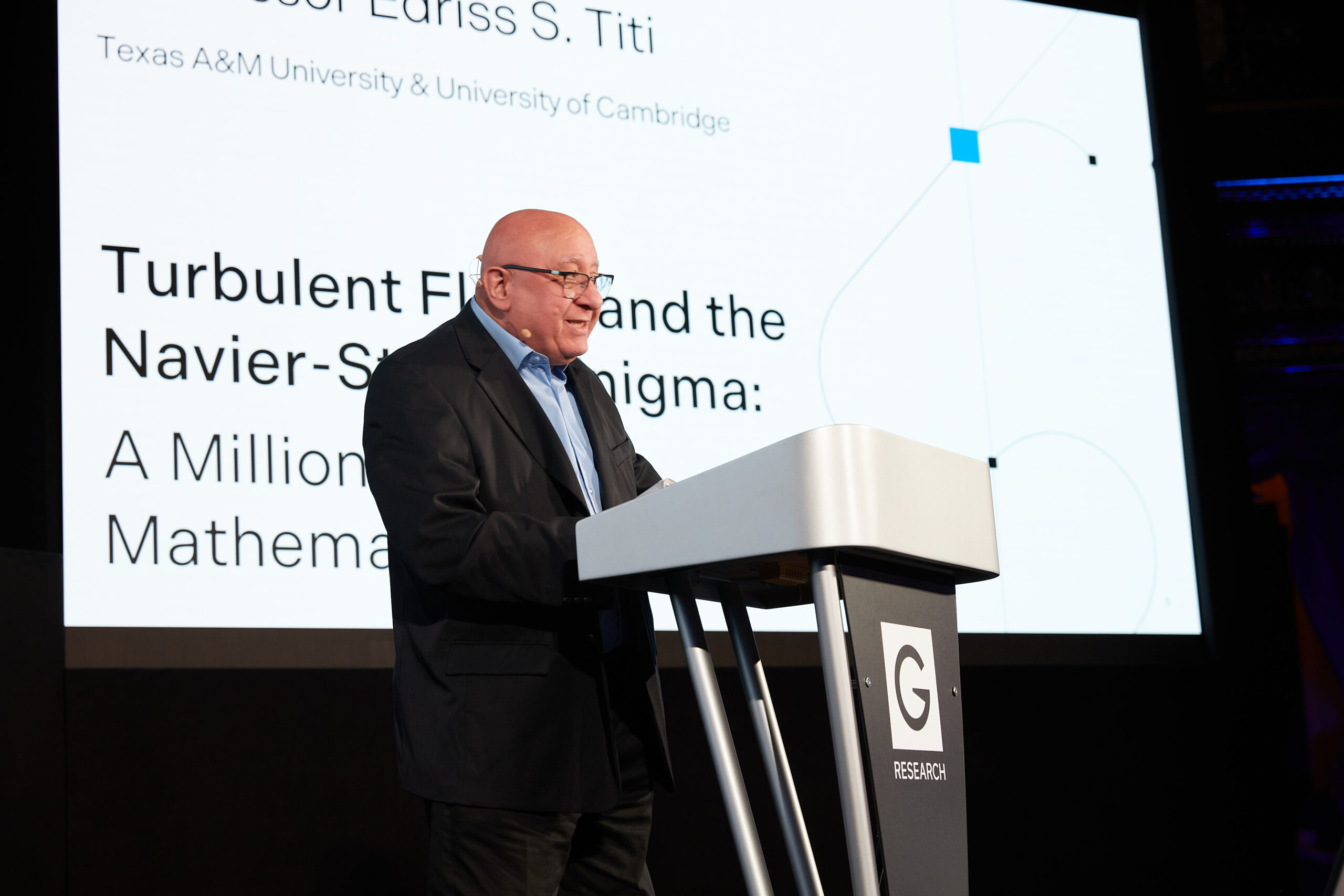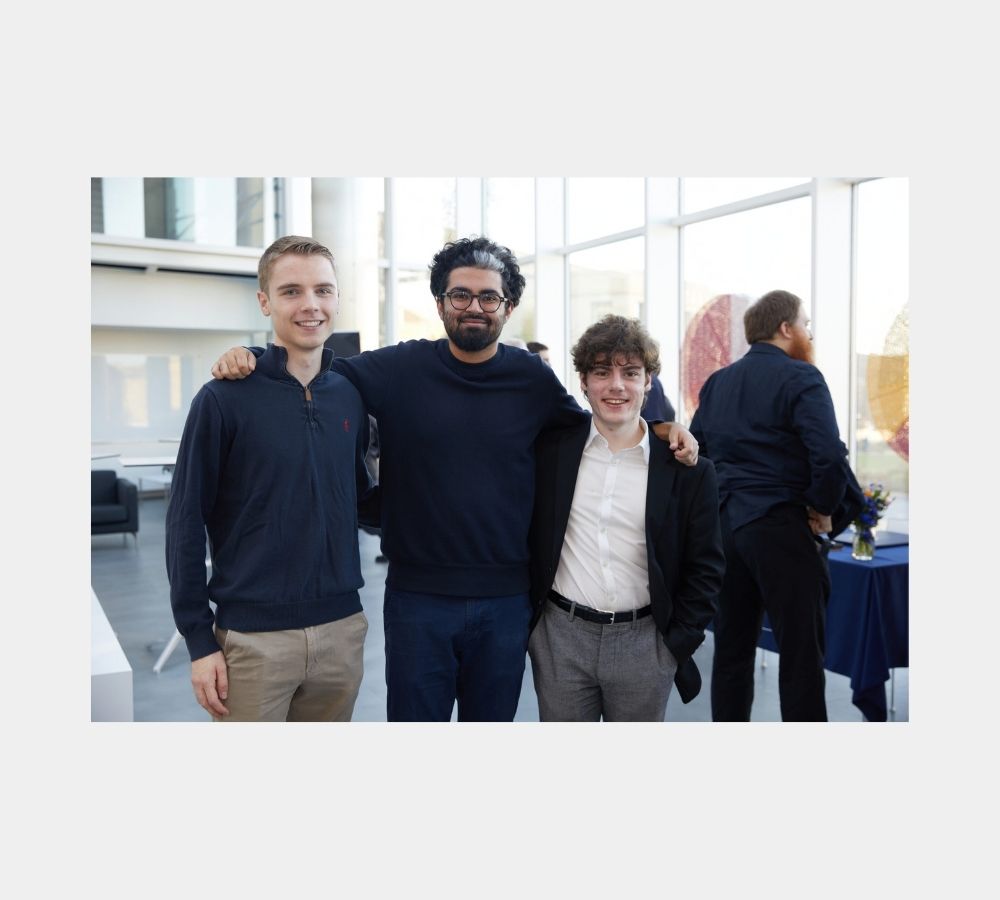Each month, we provide up to £2,000 in grant money to early career researchers in quantitative disciplines.
Our aim is to support and assist PhD students and postdocs conducting research, particularly with costs that may be difficult to get funding for elsewhere, for example, travel for those who are caring for children, or expenses for volunteer work related to research.
Learn more about our grant programme, including how you can apply and the work we support.
Read on to hear from our latest winners, their research and how our grants will aid their work.
May grant winners
Eleonora Svanberg (University of Oxford)

“I am honoured to receive this research grant from G-Research. As an early-stage PhD student, this grant will enable me to attend my first school: the ICTP School on Number Theory and Physics in Trieste, Italy. I will engage with leading experts and deepen my knowledge in topics within string theory, such as Calabi-Yau modularity, L-functions, motives, and arithmetic field theory—all areas crucial to my research.
“This grant not only provides the financial assistance needed to participate in this program but also serves as an encouragement for my ongoing research efforts. I am deeply grateful to G-Research for their commitment to supporting young researchers.”
Giulio Eugenio Cristani (Università Degli Studi Di Padova)

“I am a theoretical physicist working on scattering amplitudes in particle physics. My main focus is on studying the mathematical structures and properties of Feynman integrals.
“The G-Research grant will allow me to present my new paper, in which we explore some symmetries of Feynman integrals, to one of our Field’s most important conferences, Amplitudes 2024 in Princeton.”
Yann McLatchie (University College London)

“I am a PhD student working on a prediction-centric view of Bayesian inference.
“This grant will support me in attending the 2024 ISBA World meeting in Venice, one of the largest conferences in the Bayesian community, where I will present my work on estimating bias in predictive model selection. In our paper, we propose a light-weight approach to estimating and correcting for selection-induced bias based on order statistics, which has been implemented in the popular loo R package.”
Victoria Klein (Imperial College London)

“I am a final-year PhD student at Imperial College London in the Department of Mathematics as part of the CDT for Mathematics of Random Systems run jointly with Oxford University.
“My research focuses on using invariant theory and more broadly algebra in machine learning architectures to learn systems with certain symmetries or equivariance. The G-Research grant will support me in writing up my thesis and continuing my research in the field.”
Maria-Romina Ivan (University of Cambridge)

“I am a Nevile Research Fellow in Mathematics at Magdalene College, Cambridge, working in the area of combinatorics (discrete mathematics). The questions I am working on are quite easy to understand, thus attractive, but they often require a completely brand new idea in order for any progress to happen.
“This January, me and two of my collaborators managed to disprove a 50-year old conjecture: it was believed that the minimal number of vertices of a hypercube one can select in such a way that all hypercubes of a fixed dimension d are hit, has density 1/(d+1). We showed that it can be exponentially smaller than this. Our proof is a marriage between combinatorics, algebra and number theory.
“As a consequence, I have been invited to talk at numerous conferences this summer, including the Summit280 Conference Hungary, organised in honour of four leading experts in combinatorics, Péter Frankl, Zoltán Füredi, Ervin Győri and János Pach. This will have been totally impossible without the G-Research Grant, which will undoubtedly help me further my research by meeting and exchanging ideas at these conferences.”
Davide Paglieri (University College London)

“I am excited about exploring LLMs as autonomous agents and how open-ended learning techniques can help create useful generalist agents. I am also interested in efficient inference and training of large language models.
“G-Research’s grant will enable me to access the cloud compute resources necessary to run large-scale experiments, allowing me to advance my research and contribute to the development of new useful benchmarks and methods for training useful AI agents.”
Conference and summer school travel grants
Alongside our usual monthly grants, we have supported a number of early careers researchers with travel grants to attend:
- MARL Summer School
- British Isles Graduate Workshop on Mathematical General Relativity
- ELLIS Doctoral Symposium 2024
In total, 10 PhD researchers have received funding to attend these key conferences and further their research.
Congratulations to all of our grant winners.



